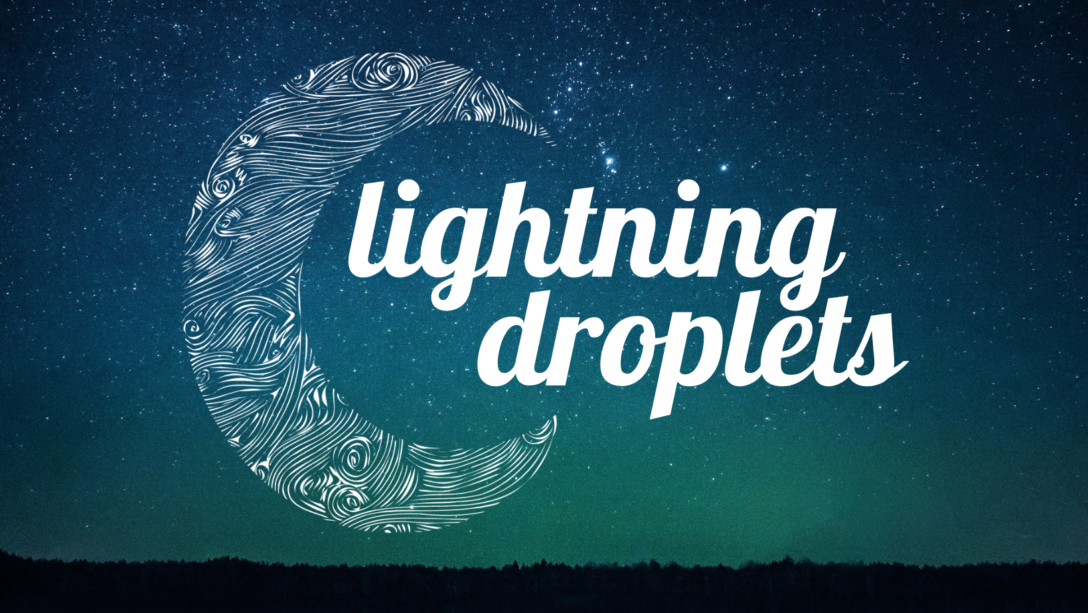There were a lot of interesting things happening in Dino Campana’s essay “The Night.” There were some incredible metaphors and exquisite language which made me wonder about the expectations that we usually have for nonfiction in terms of style and language. Another stylistic component of note is that Campana does not use any names to refer to the characters in this essay. Instead, the only names that he uses are those of famous artists and writers. Campana also has a really arresting way of changing the pronouns that he uses for the characters, including himself, in his work. The effect of this is jarring but also captivating.
The first thing I noticed about this essay was the language being used. It is incredibly poetic and lyrical. There are a number of really striking metaphors, for example, “broken hovels like old bruises, dead windows.” Or, even more gripping: “the white Mediterranean night joked with the huge shapes of the women while the flame’s bizarre death-attempts went on and on in the streetlamp’s cave.” Language like this, though interesting and beautiful may be jarring for a reader who is looking for a straightforward account of Campana’s escapades. It made me think about the expectations that readers bring to nonfiction and whether essays have an obligation to live up to these expectation. Is it factually true that the night was joking (Or, put another way, can that be fact checked?)? How does metaphor come into play in essays? Or, more directly, what is the place of metaphor and lyrical, poetic language in nonfiction? If the reader is coming to the piece looking for truth and accuracy, how far can the writer go with metaphors and poetic language? In general, I think that if it is clear that the writer is using metaphor and clear what the writer is intending to express, this kind of language can greatly enhance creative nonfiction pieces. However, in this piece the metaphors were so dense and thick that it may have obscured some of the reader’s understanding of the truths behind the language. It made me question whether that was intentional. Perhaps Campana’s experience was so dreamlike that he wanted to convey that to the reader. Or maybe he did not want his reader to have a clear sense of what was going on. Perhaps he wanted his reader to experience the feel of the situation more than the events surrounding it. Is this authorial prerogative?
The esoteric, dreamlike quality of this narrative is pushed further by Campana’s refusal to use the names of characters populating his essay. It’s interesting that he doesn’t ever refer to anyone in the narrative by their name, only by their physical description. This can make it difficult for the reader to follow at times, but it also is especially interesting given the subject matter. Perhaps Campana did not know the name of anyone with whom he interacted that night. This is made even more peculiar by the constant name-dropping that he does with famous writers and artists. The lack of character names in the essay is even more stark next to the names of Faust, Dante, Leonardo, and Michelangelo and the names of saints. It’s as if he is drawing the distinction between these exalted, nameable people and the people in his narrative.
In addition to not giving his characters names, he also switches the pronoun that he uses to refer to them. In one section of the essay, he refers to the amber-bodied girl as “she” and later he seems to be addressing her as”you.” The most striking instance in which he does this is when he goes from using a first-person perspective of his experience to speaking about himself in the third person briefly. He refers to “the person I had once been” as “he” for two sections. This gives an interesting effect of distancing himself from the events of the night, making it his former self and not him who had these experiences. However, he only can keep this distance for a short time before going back to “I” and owning the experiences again.
All of these things made this essay difficult to decipher, as if the reader were decoding the text instead of reading it. The use of metaphors and lyrical language obscured some of the concreteness of the experiences that he was ruminating on. The failure to use names of characters often made who he was actually talking about ambiguous. Even his pronouns when talking about these people (including himself!) were not consistent. The combination of these things gave the essay a dreamlike, nearly impenetrable quality. However, for me personally, these things added an interesting depth and dimension to the essay as well as giving a peak into the possible obfuscation that Campana was attempting. It made me ask a lot of questions, mostly unresolved, but also very interesting.
*This post is part of a series on the craft of writing called Reading for Writers. This series examines a variety of authors to ascertain the choices they’ve made in their writing and the effects of those choices.

Perfect evaluation of an awe-inspiring, oft-confusing, odd little essay.